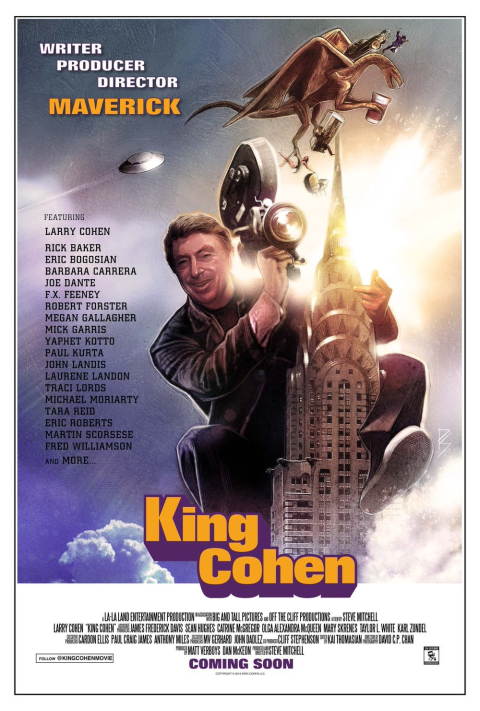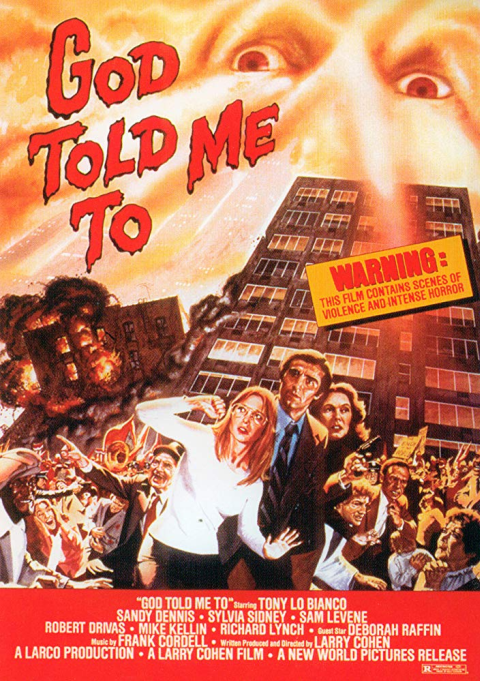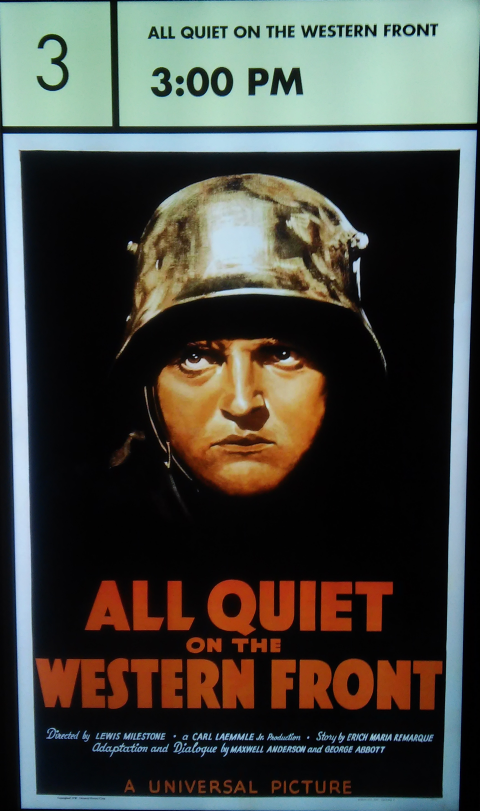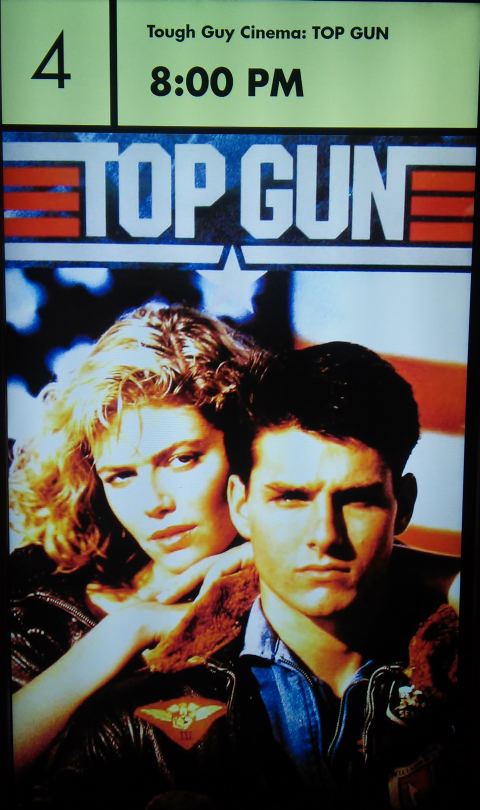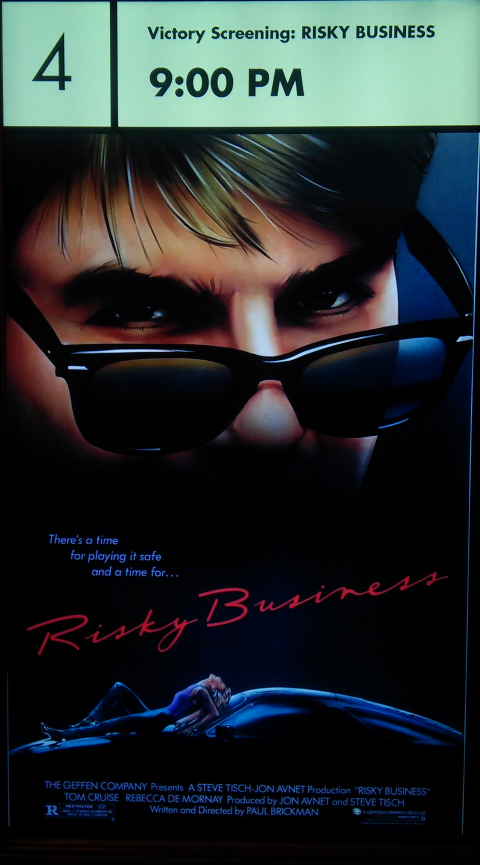There’s no shortage of love for writer/director/producer Larry Cohen in this space.
It’s now a couple of months on since his passing, and I think we can safely say that while not all of his movies were great (some may have even been downright bad), he always exuded a true independent spirit while making films intended to be entertaining, his last two theatrical features being no exception.
Let’s take a look, shall we?
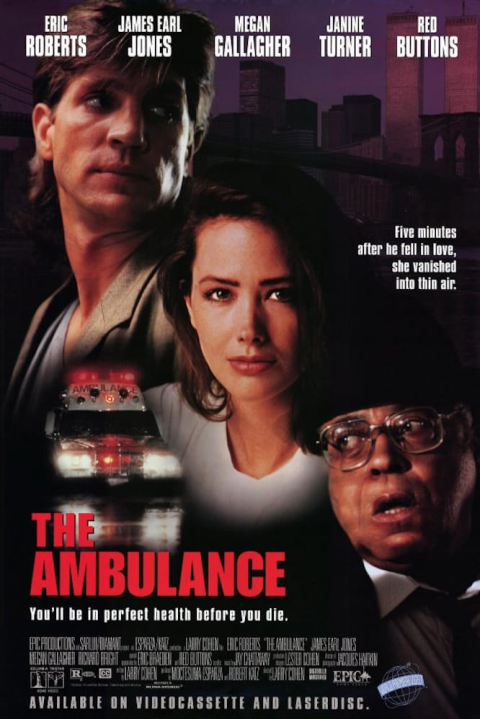
Many filmmakers have done great New York movies (William Friedkin and Martin Scorsese perhaps chief among them), but few could do NYC on a budget like Larry Cohen (though this one did have a little more money behind it than usual).
Which is not to say that The Ambulance is on the level of The French Connection or Taxi Driver (far from it, to be honest), but there is a certain
je ne sais quoi about it that still resonates with those familiar with the city today.
Eric Roberts plays a Marvel Comics illustrator (before you even ask, yes, Stan Lee is in the movie in his first film appearance) who meets a girl on the street. She collapses and is taken away in a ambulance. The only trouble is that he can’t seem to find her in any known hospital, thus igniting the mystery plot.
If I have one big issue with The Ambulance, it’s that the tone is a bit muddled. It’s a little more lighthearted than you’d expect, which isn’t the worst thing, but overall the movie would have benefited from a harder edge.
However, the cast is solid, especially James Earl Jones in a literal scenery-chewing role, and there’s some classic death-defying practical stunt-work; and, on the whole, the film just looks good (shout-out to cinematographer Jacques Haitkin, who does action unit work on a lot of big movies these days).
It’s not Larry Cohen’s best movie, but, like much of his work, it’s fun, enjoyable, and an interesting time capsule of pre-Giuliani New York.
Rating: ★★★½ (out of five)
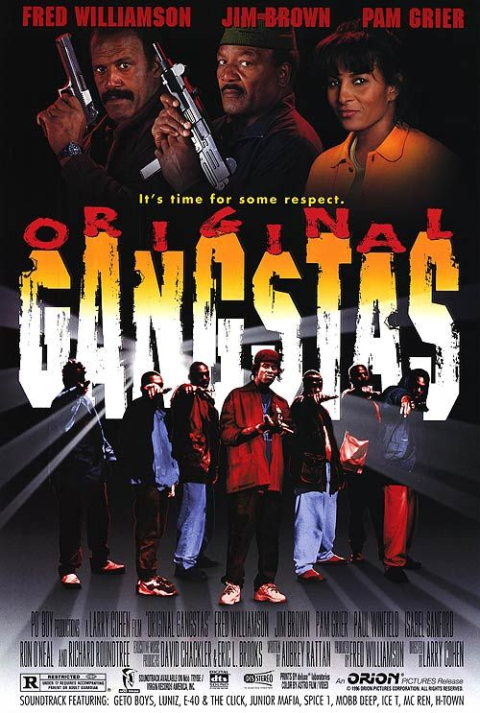
So, it’s Super Bowl weekend, and I’m sitting in a Pam Grier marathon at Alamo Drafthouse Yonkers. Movie #1 was Jackie Brown, which is great, but basically impossible for any other film to follow; Movie #2 was Friday Foster; and Movie #3 was Scream Blacula Scream. After #2 and #3, I said to myself, “You know, I think I would have enjoyed those a lot more had they been directed by Larry Cohen.”
Enter Movie #4: Original Gangstas, his last theatrical feature (Movie #5 was Black Mama, White Mama, just in case you were curious).
Shot on location in Gary, Indiana (the murder capital of the U.S. at the time, and sadly still deeply struggling today), Original Gangstas is mainly a big Blaxploitation reunion, featuring an incredible top-to-bottom cast, including Fred Williamson (Hammer), Jim Brown (Slaughter), Pam Grier (Coffy), Paul Winfield (Gordon’s War), Richard Roundtree (Shaft), and Ron O’Neal (Super Fly).
It may seem like an odd fit for someone like Larry Cohen to direct, but he and Fred Williamson go all the way back to Black Caesar and Hell Up in Harlem in 1973, so he’s well familiar with the tradition at play, and of course he brings his trademark budget-efficient panache to the Midwestern venue; in particular getting a lot of mileage out of Gary’s abandoned Union Station.
Original Gangstas was a flop at the time of it’s release, and I can understand why (I mean, it’s no Boyz n the Hood); for one thing, the synthesized music score hasn’t aged well at all, and thematically it’s a bit messy, but, again, it’s entertaining, and it’s fun to see so many familiar faces (both young and old).
I’ll admit, I may be over-hyping it, but in this case I’m not going to feel bad about it.
Because we love Larry Cohen.
Rating: ★★★★☆

